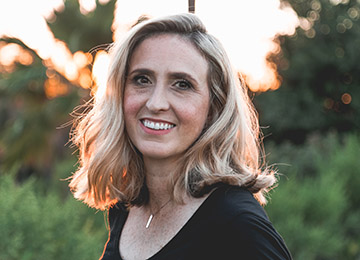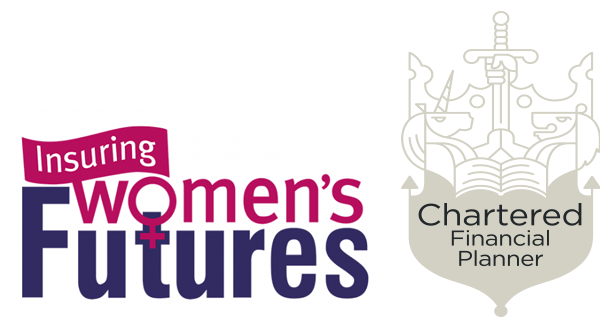52%
52% of women in their late 20’s say they do not understand enough to make decisions about retirement savings.
8%
Only 8% of women rated contributing to a pension as their highest priority when they first started work.
37%
Among young people in debt only 37% have a repayment plan in place.








